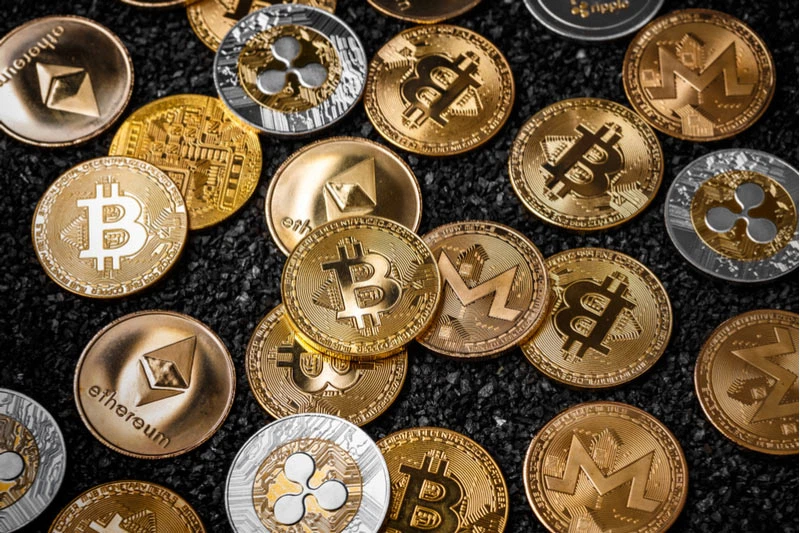Advertisement
As experts warned from January 2022, cryptocurrency scams will be the leading threat in the cryptocurrency market. If in 2020 the level of fraud is ranked on Saturday, by 2021 it has jumped to 2nd.
Cryptocurrency scams are a threat in 2022
On Jan. 10, a survey from members of the North American Securities Administrators Association (NASAA) considered cryptocurrency scams a major concern in 2022.
At the top of the list of concerns is cryptocurrency fraud. With this result, NASAA also published a number of guidelines for investors to protect themselves from fraud and fraud.

Executive Chairman of the Enforcement Committee Joseph P. Borg, director of the Alabama Securities Commission, said of the cryptocurrency scams: "So far, NASA's securities regulators have revealed that investments involving cryptocurrencies and digital assets are a threat to investors to us. Many stories with the title "millionaires of cryptocurrencies" have attracted a large number of investors to participate in the cryptocurrency market. With this increase, many stories along with big bets and big losses are starting to emerge and these stories will continue in 2022" According to the Better Business Bureau (BBB), although scams accounted for only 1.9% but the average loss amounted to $1,200.
That's $169 more than the average loss of other forms of fraud. Up to 66% of people lose money when scammers target them.
According to the 2021 report, researchers noted a positive signal from consumers that the rate of losing money due to fraud fell for the first time since 2017, dropping from 46.7% in 2020 to 42.8%. Although still a large percentage, this number is expected to continue to decline in the future with cryptocurrencies becoming more and more popular and users being educated and equipped with more knowledge before entering the market.
Victims of the scam ranged in age from 25 to 64 years old.
The researchers said the age at which the scammers wanted to target was between 25 and 64 years old. They often use social media to attract, entice with the lure of low-return investment capital and low risk ratios. Hitting the psyche, many people were gullible to listen to their words.
Research indicates that most cases come from greetings from their "friends." But is that the truth? Friends' social media accounts were hacked and they took the name of the call. More than two-thirds of the victims were women, accounting for 43.6 percent of men's 42.9 percent.

said: "Another important finding in this year's report is that from 2020 payments in cryptocurrencies have resulted in currency losses more than doubling from 1.5% to 3.4% by 2021."
Bank transfers (average losses of $1,450) are the payment methods with the highest losses, followed by cryptocurrencies ($1,200), checks ($900) and prepaid cards ($700)."
Around February 14, the Federal Bureau of Investigation (FBI) issued a press release warning singles to be wary of emotional scams involving cryptocurrencies. The warning comes after authorities noticed an increase in the number of scams occurring across the U.S. Gulf.
Protecting investors in 2022
Squid Game Coin and the Africrypt exchange crash are two of the biggest scams since the beginning of 2022. The Africrypt exchange crash caused relatively large losses with more than $3.6 billion stolen. Meanwhile, the NFT space is no exception for scams. An NFT Bored Ape collector says he was tricked through Discord.
The DeFi market is the top target of scams as there is currently a large influx of capital into the platforms here. Projects are currently struggling to find ways to ensure attacks, taking advantage of platforms that don't happen. These measures include mandatory audits and working with insurance protocols.
Regulators are also stepping up their management, making investor protection a top priority. Senior officials have spoken out about the mission. Most recently, lawmakers in the United Kingdom have called for more cryptocurrency regulation to protect investors, while the SEC has long emphasized the issue.
















